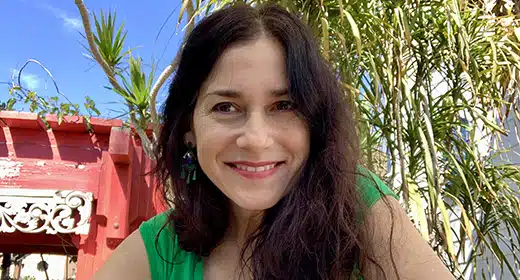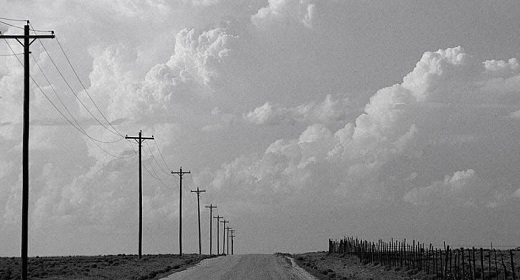Excerpt from Religion and Spirituality in Adjusting to Bereavement; Grief as Burden, Grief as Gift Crystal L. Park and Roshi Joan Halifax
 Both religion-spirituality and death play central roles in the human expe- rience (Wuthnow, Christiano, & kuzlowski, 1980). Accordingly, religious traditions and academic disciplines such as theology and philosophy have long featured death as a central theme, and have long considered ways to deal with the burden of grief, which is an unavoidable aspect of existence. Grief refers to the deep sorrow following significant losses, the experience of mourning. this burden is the psychological weight experienced by the loss of a loved one, the loss of identity or status, the loss of relationship, the loss of place or thing, and the loss of capacity. these are the five great territories of grief (halifax, 2008).
Both religion-spirituality and death play central roles in the human expe- rience (Wuthnow, Christiano, & kuzlowski, 1980). Accordingly, religious traditions and academic disciplines such as theology and philosophy have long featured death as a central theme, and have long considered ways to deal with the burden of grief, which is an unavoidable aspect of existence. Grief refers to the deep sorrow following significant losses, the experience of mourning. this burden is the psychological weight experienced by the loss of a loved one, the loss of identity or status, the loss of relationship, the loss of place or thing, and the loss of capacity. these are the five great territories of grief (halifax, 2008).
Grief can be an underlying mental process that flavors a life continuously or an experience that one passes through and is resolved in a positive manner, bring- ing about a greater sense of humanness, compassion, and wisdom. Grief is a mul- tivalenced experience that can include shock, denial, numbness, anger, longing, yearning, searching, disorganization, despair, and potential reorganization. the burden of the loss can be carried over a lifetime or laid down. Grief can be seen as a natural human process giving rise to one’s basic humanity, yet it can also be a potential trap, a no-exit, a source of chronic suffering.
Grief, of course, is a profound and often complex response for those who have been left behind by the dying. Survivors are often broken apart by the knowledge that they cannot bring back that which has been lost. the sense of irrevocability leaves them often helpless and sad, sometimes cognitively impaired, and some- times socially withdrawn. And then there is the taste of grief in the landscape of Western culture, which is conditioned to possess and not let go; and yet beings and things are inevitably lost as we live our lives in this all-too-transient world. All human beings face loss, moment by moment; there is nothing that we can fully possess forever, even our own minds.
Often we associate grief only with the experience of loss that family members and friends go through upon the death of a loved one. But grief touches others as well. for example, dying people also can grieve before they die. they can grieve in anticipation of their death for all they will seem to lose and what they have lost by being ill. Such losses can include that of control, identity, wellness, healthy appear- ance (loss of hair, for example), energy, psychosocial engagement, and relation- ships, finally touching on the future loss of life. Anticipatory grief is a fairly normal response to upcoming loss and death, and the symptoms that one experiences in mourning are parallel to the symptoms of anticipatory grief, including a dying per- son feeling shock, denial, profound sorrow, withdrawal from the world, depression, anger, alienation, and physical and mental pain.
the resolution of grief is important. if grief is not been sufficiently attended to after the loss of a loved one, it may remain unresolved for a long period of time. for example, family and friends of the deceased can become consumed by the busyness of the business that happens right after someone dies. this is one of the great problems that one faces in the Western way of dying: that business is so much a part of the experience of dying and death. Survivors often face a complex situa- tion on the material level in the after-death phase. they find themselves looking for a funeral home, letting friends and family know that a death has happened, and creating a funeral service. Unraveling health insurance, taxes, and the last will and testament also takes time and energy at this stage. later there is cleaning up, dividing and giving away the deceased’s property, and other seemingly endless chores of closure. Resorting to the business and busyness of death can be a way for survivors to avoid or be taken away from the depth of their own loss.
Bereavement is universally recognized as a critical life experience with which humans must grapple, as is its potential for strong positive and negative implications that reverberate throughout the lives of those who remain behind. Religious and spiritual answers are universally applied to the problems presented by bereavement (Wuthnow et al., 2010). Curiously, however, relatively little social science research has addressed the role of religion or spirituality in adjusting to the death of a loved one. this lack of empirical attention may reflect a reluctance of mainstream social scientists to examine metaphysical constructs (Paloutzian & Park, 2005). in the remainder of this chapter, we review empirical research and theoretical perspec- tives on religion and spirituality in the context of bereavement and then illustrate these linkages with examples from Christian and Buddhist traditions. the chapter concludes with a Buddhist practice offered as a means to work with grief.









































